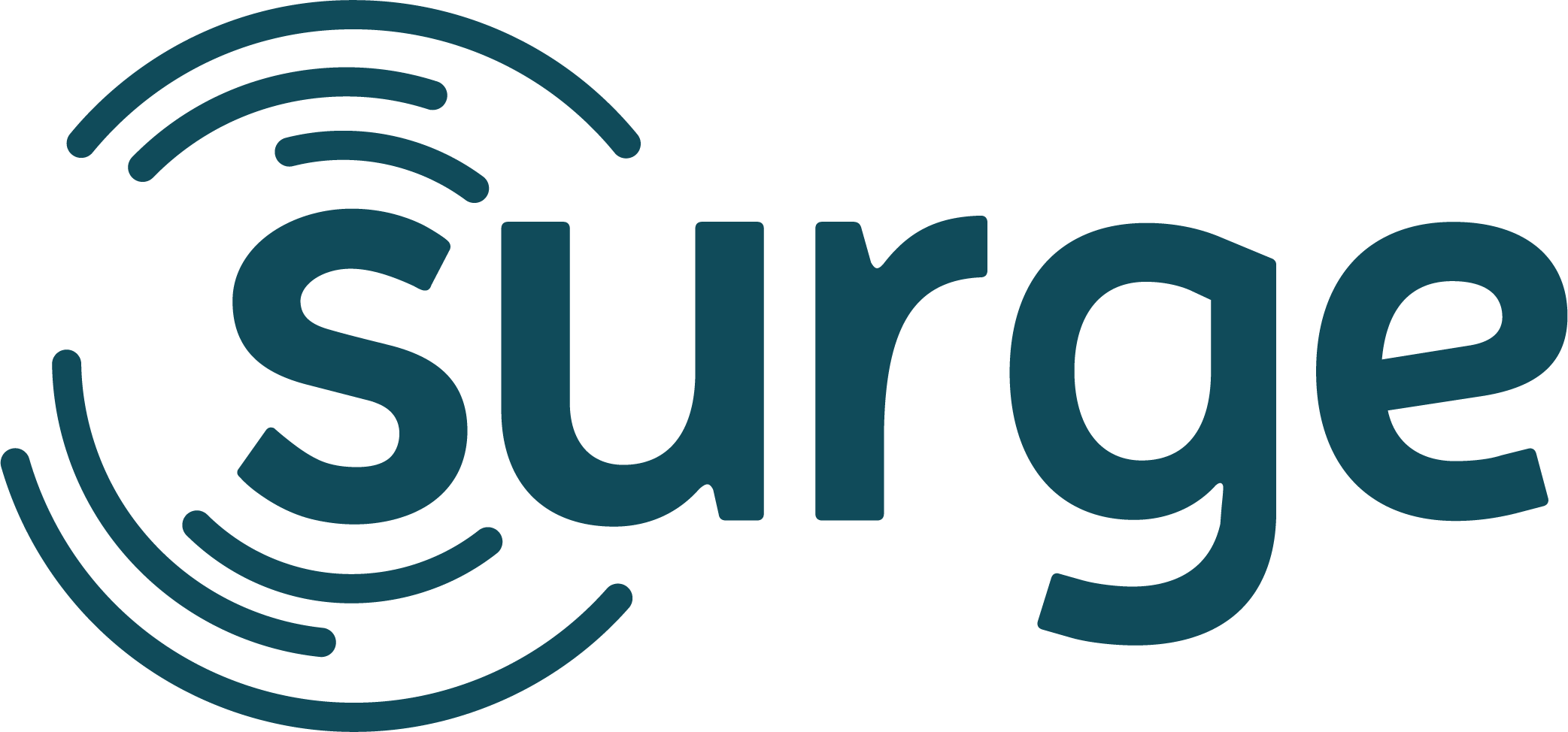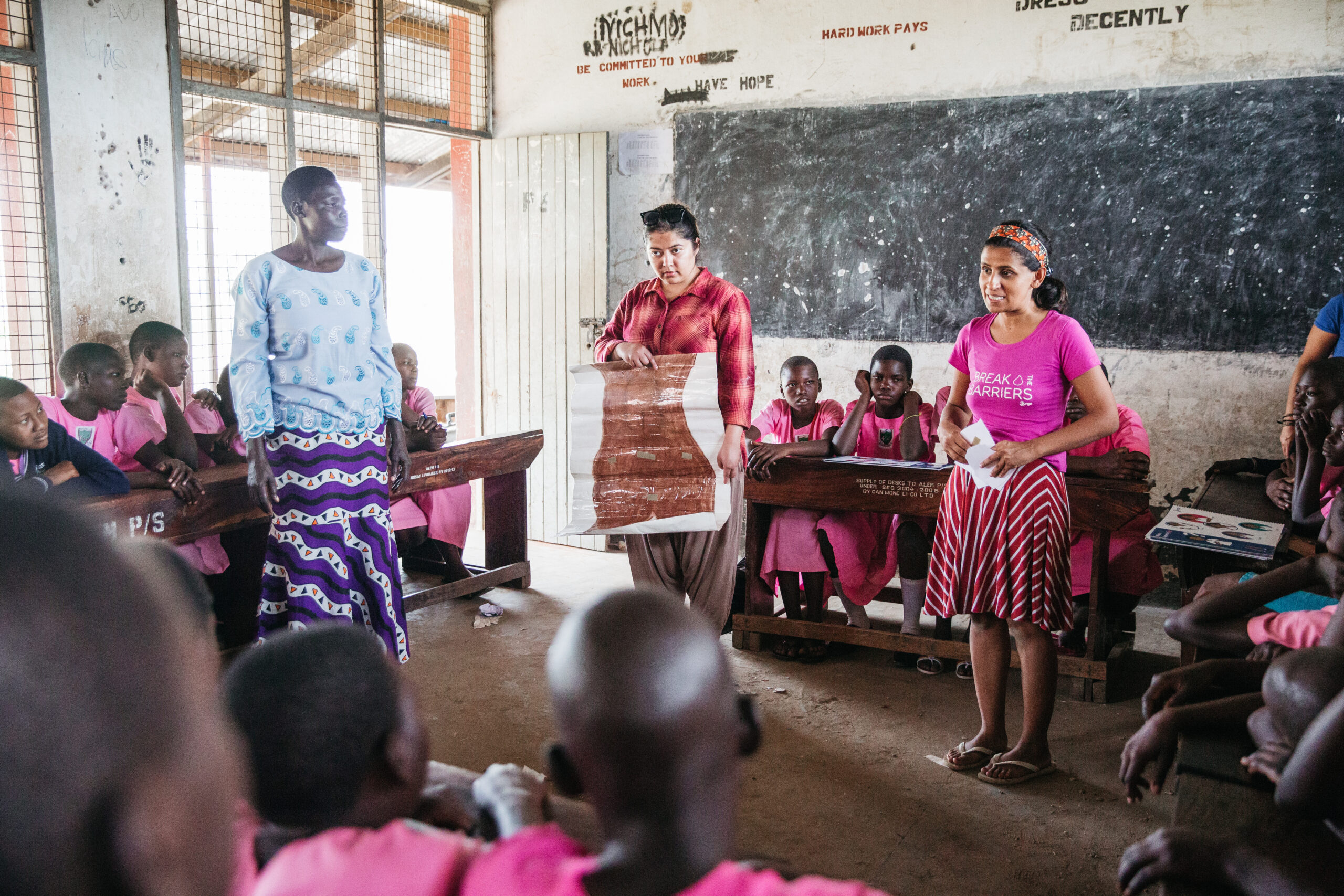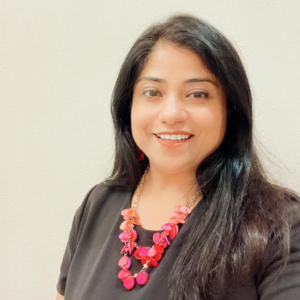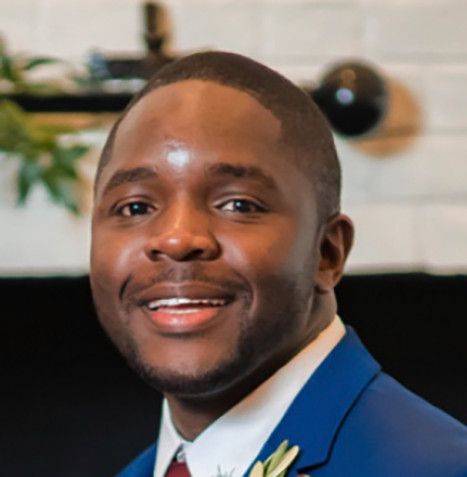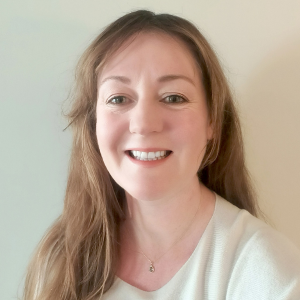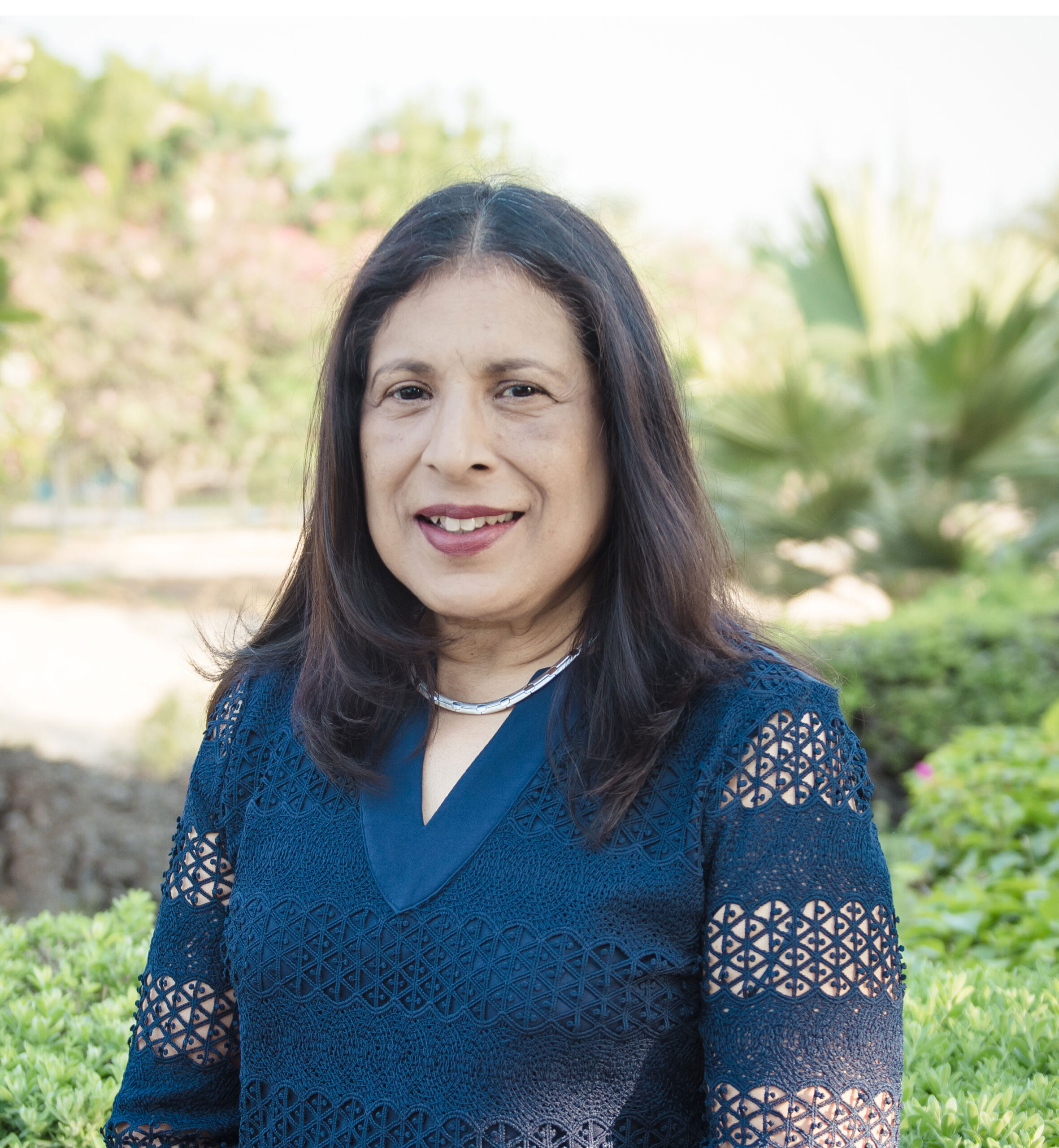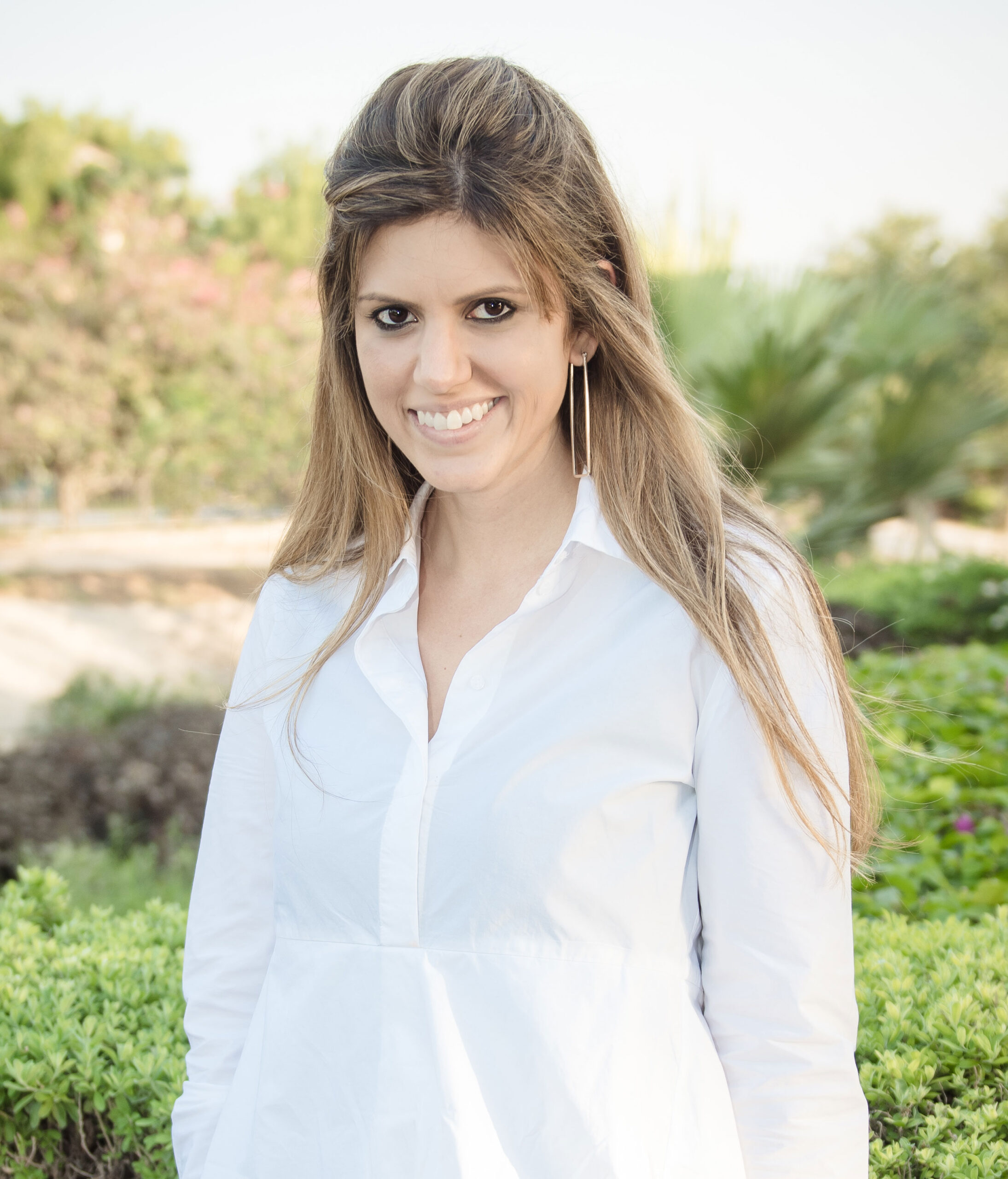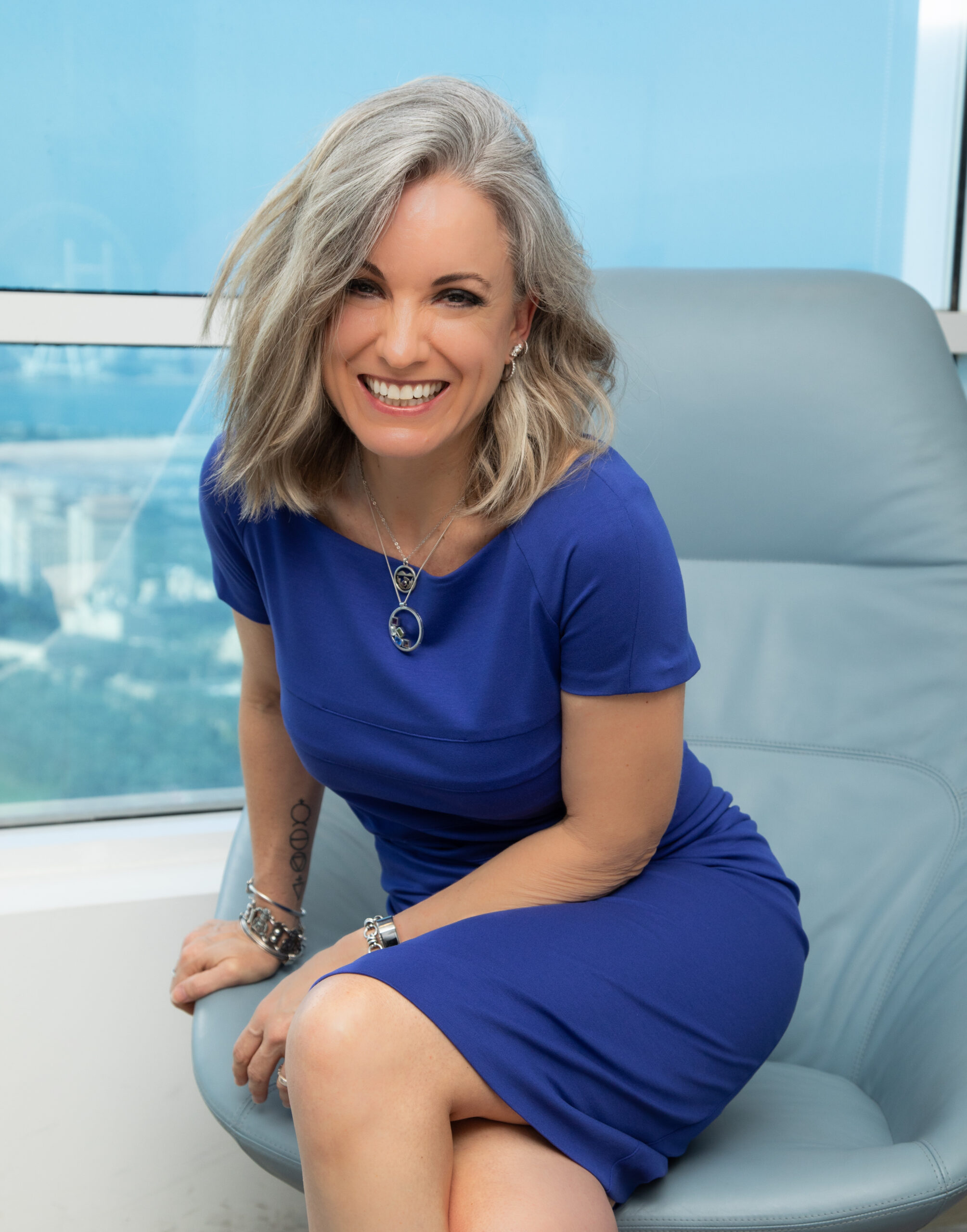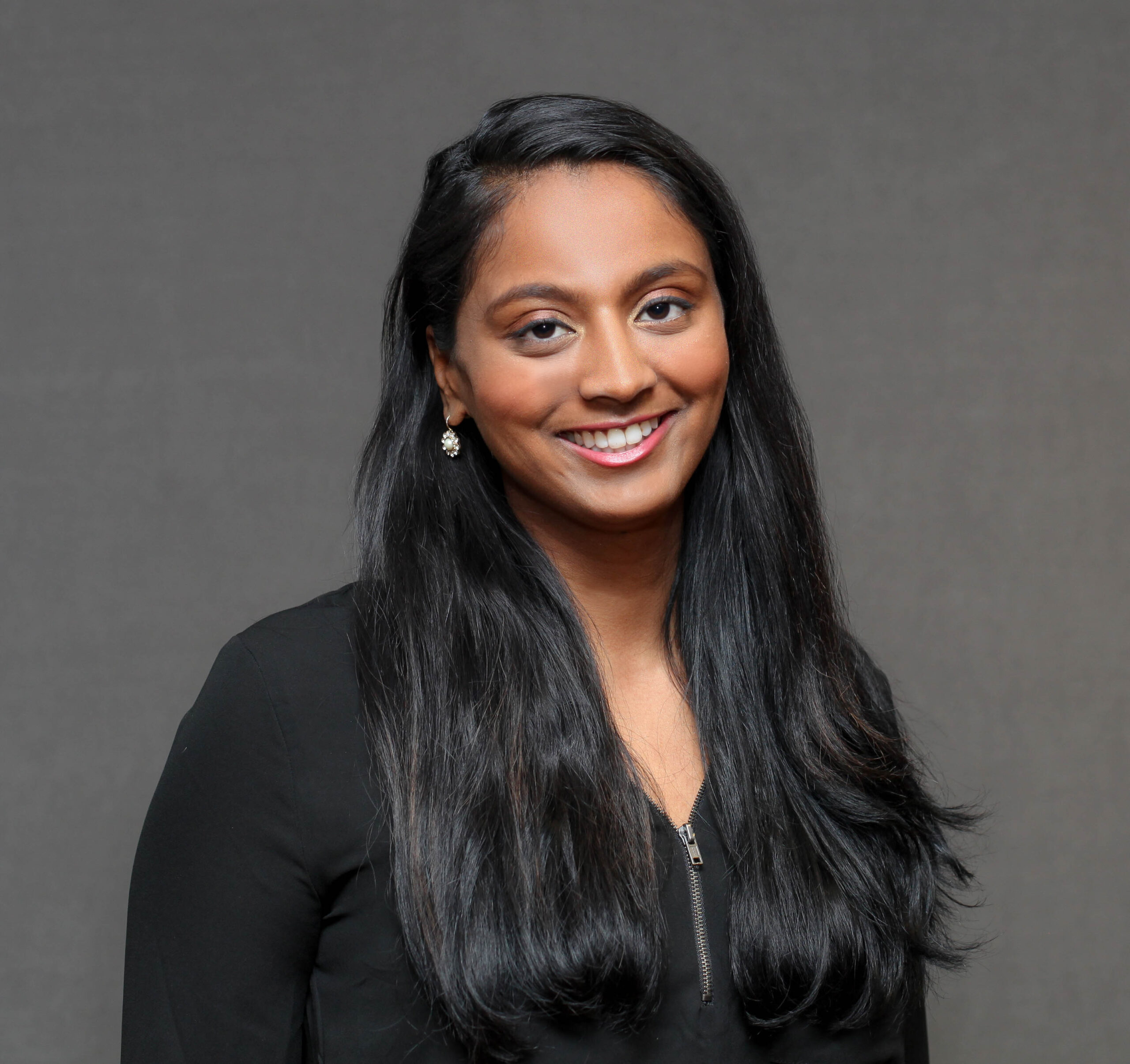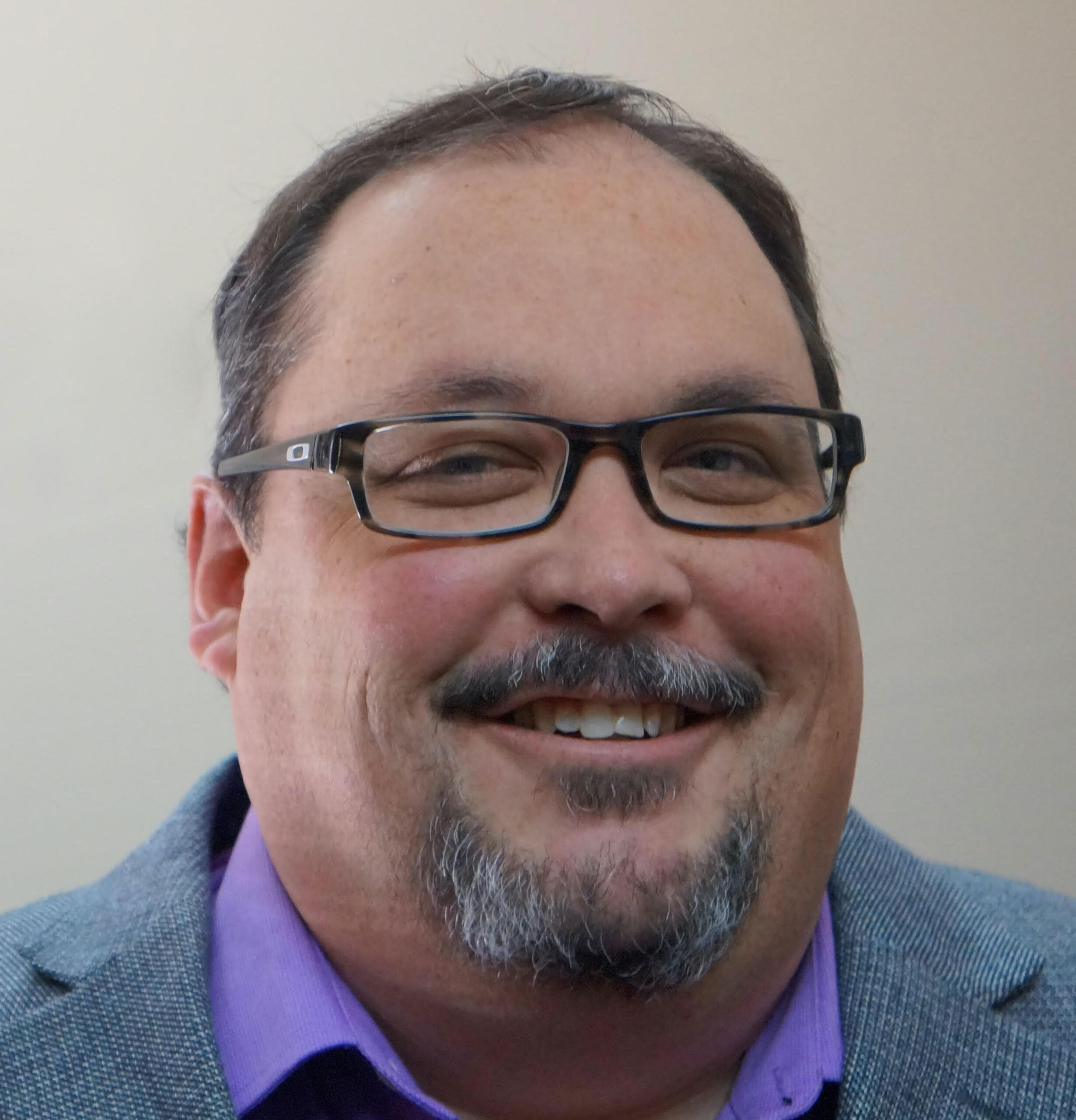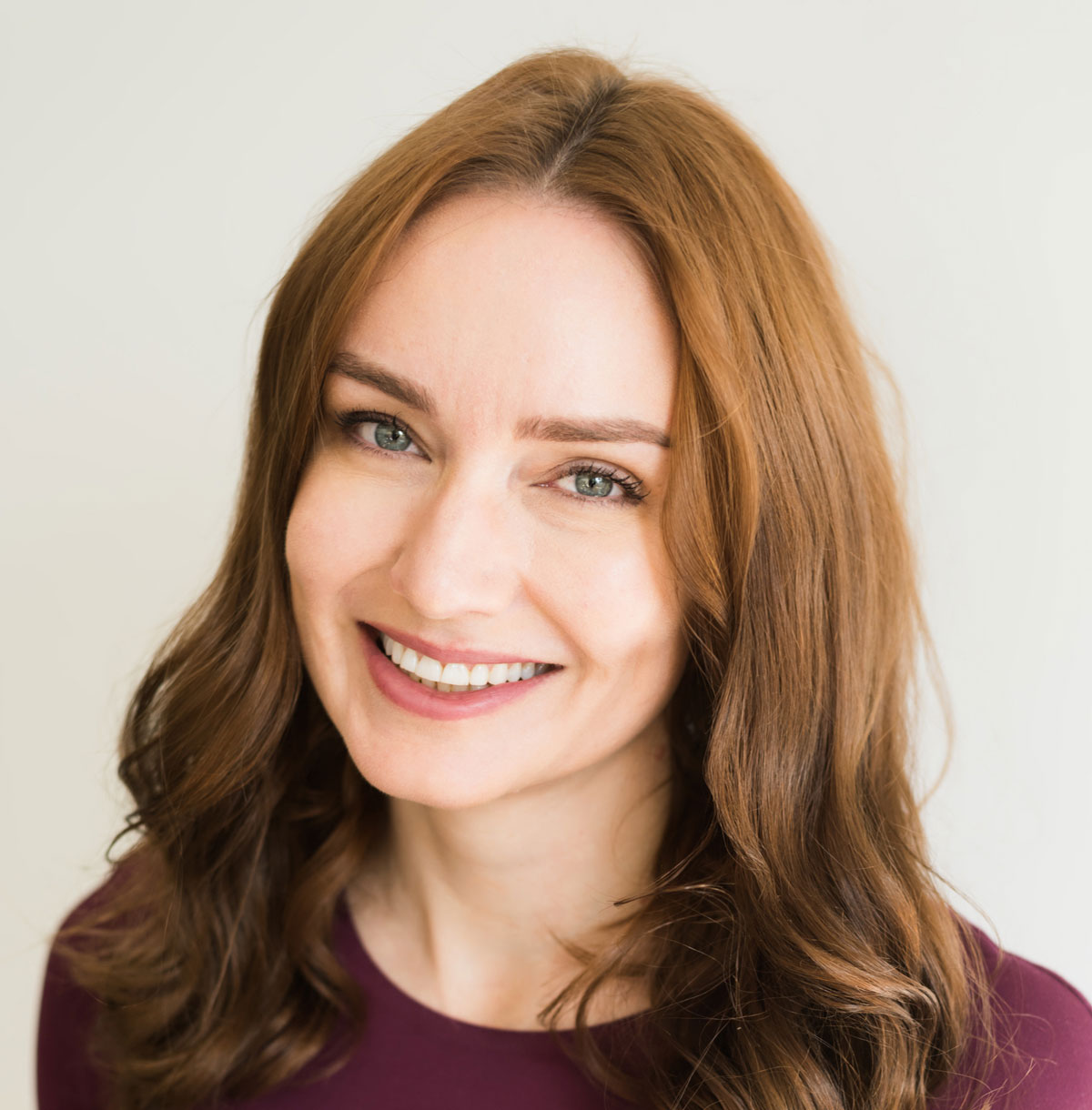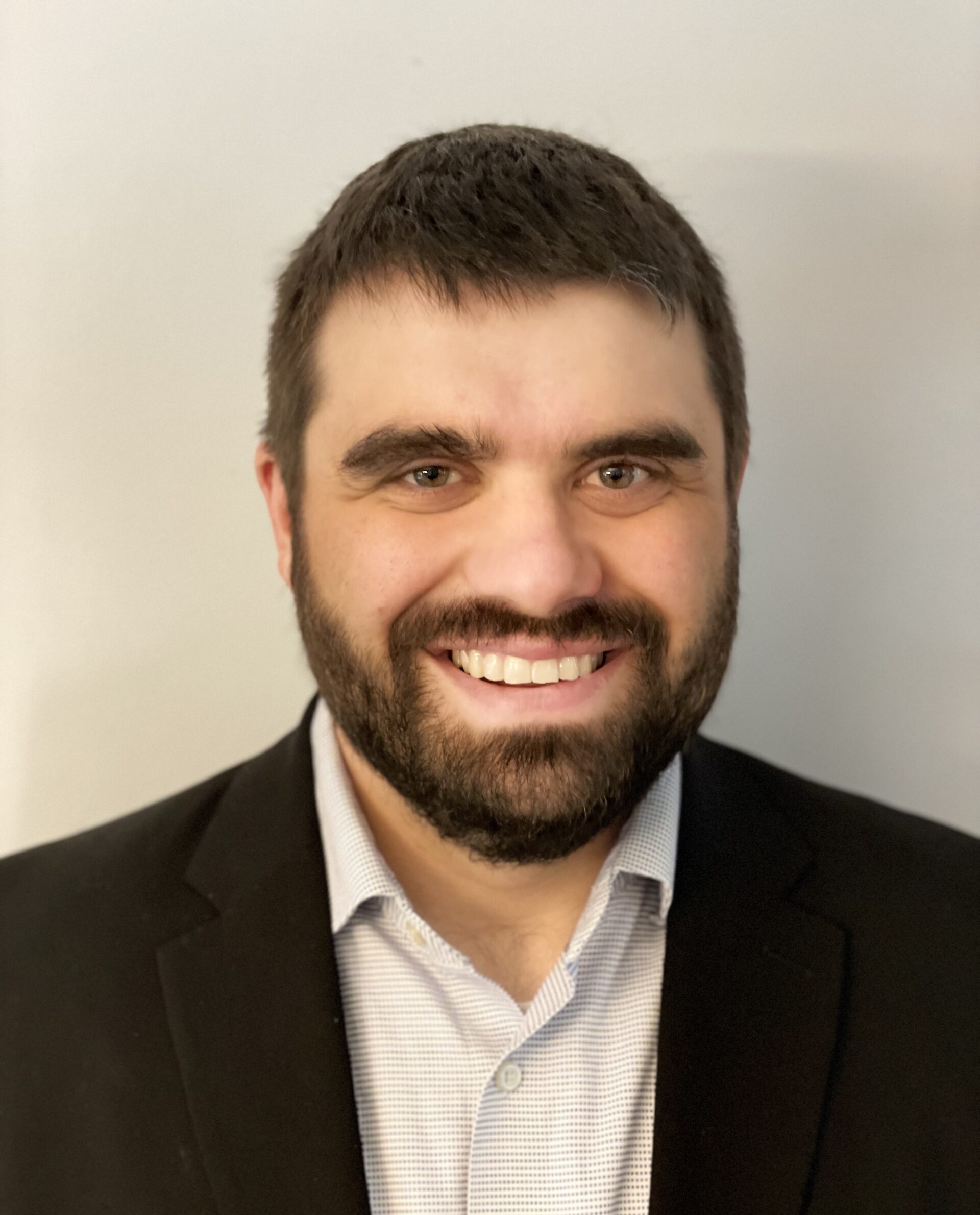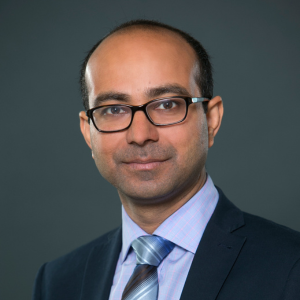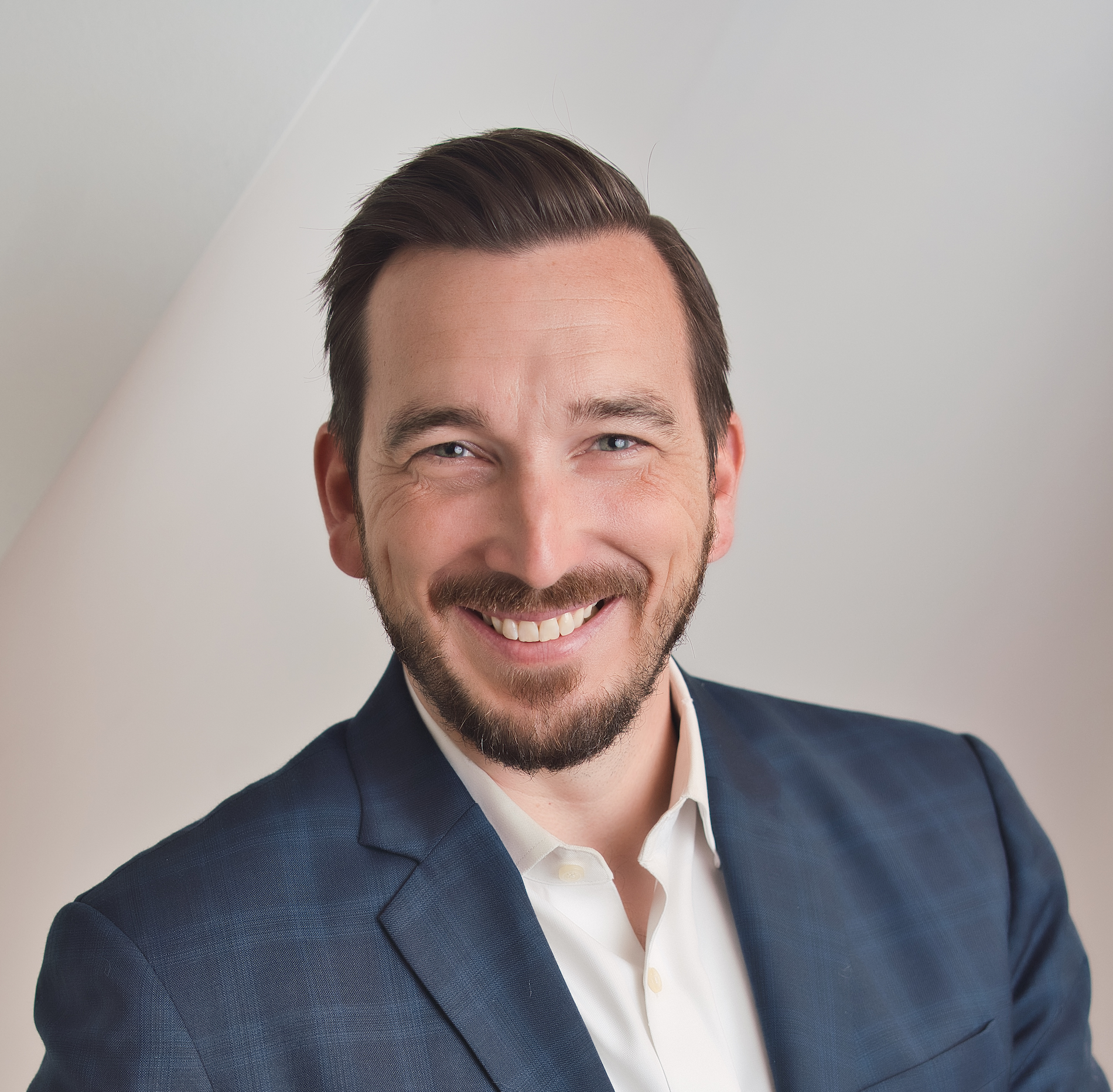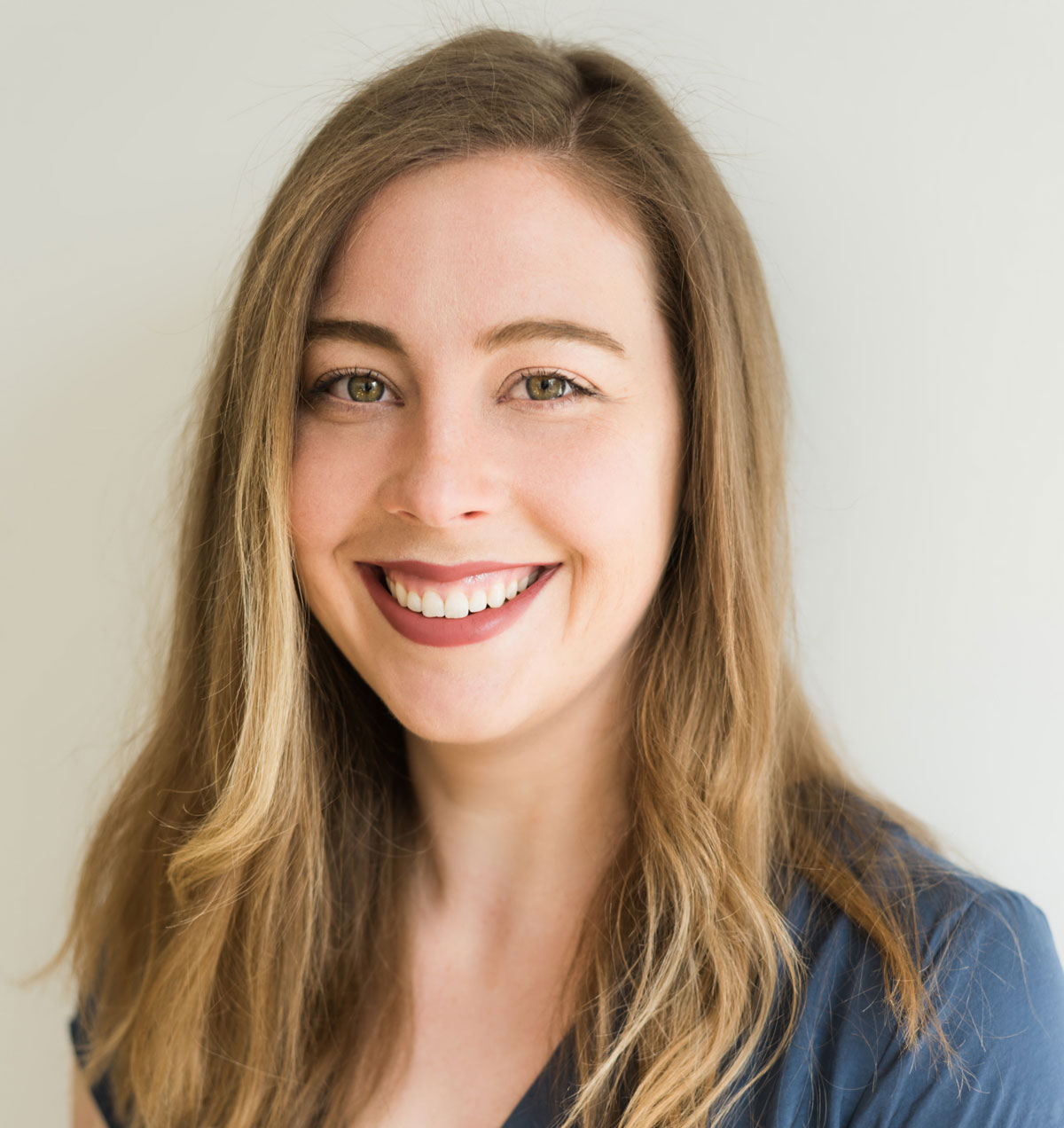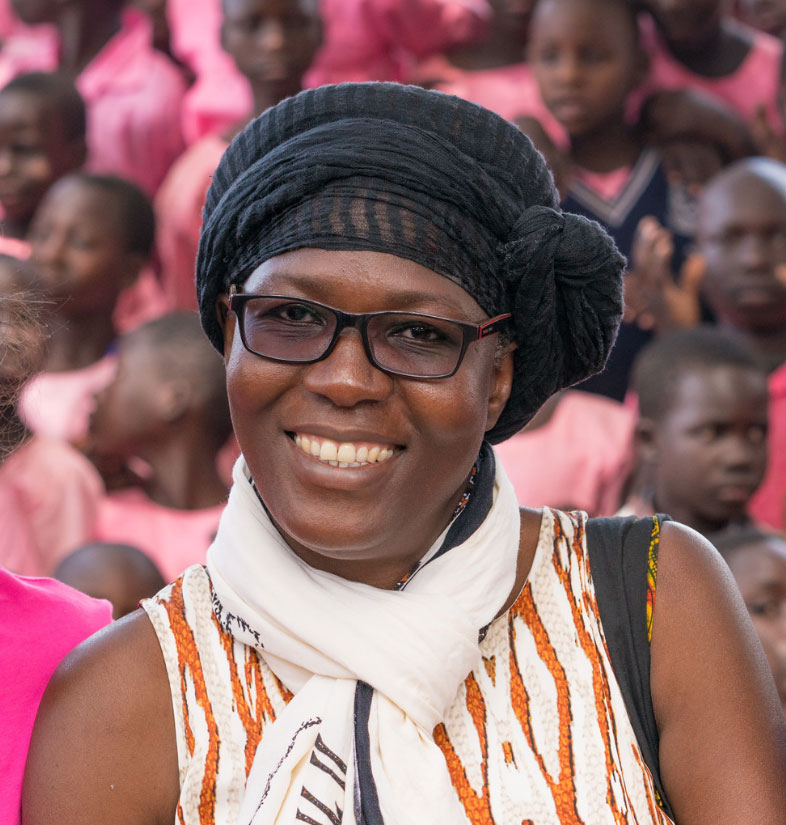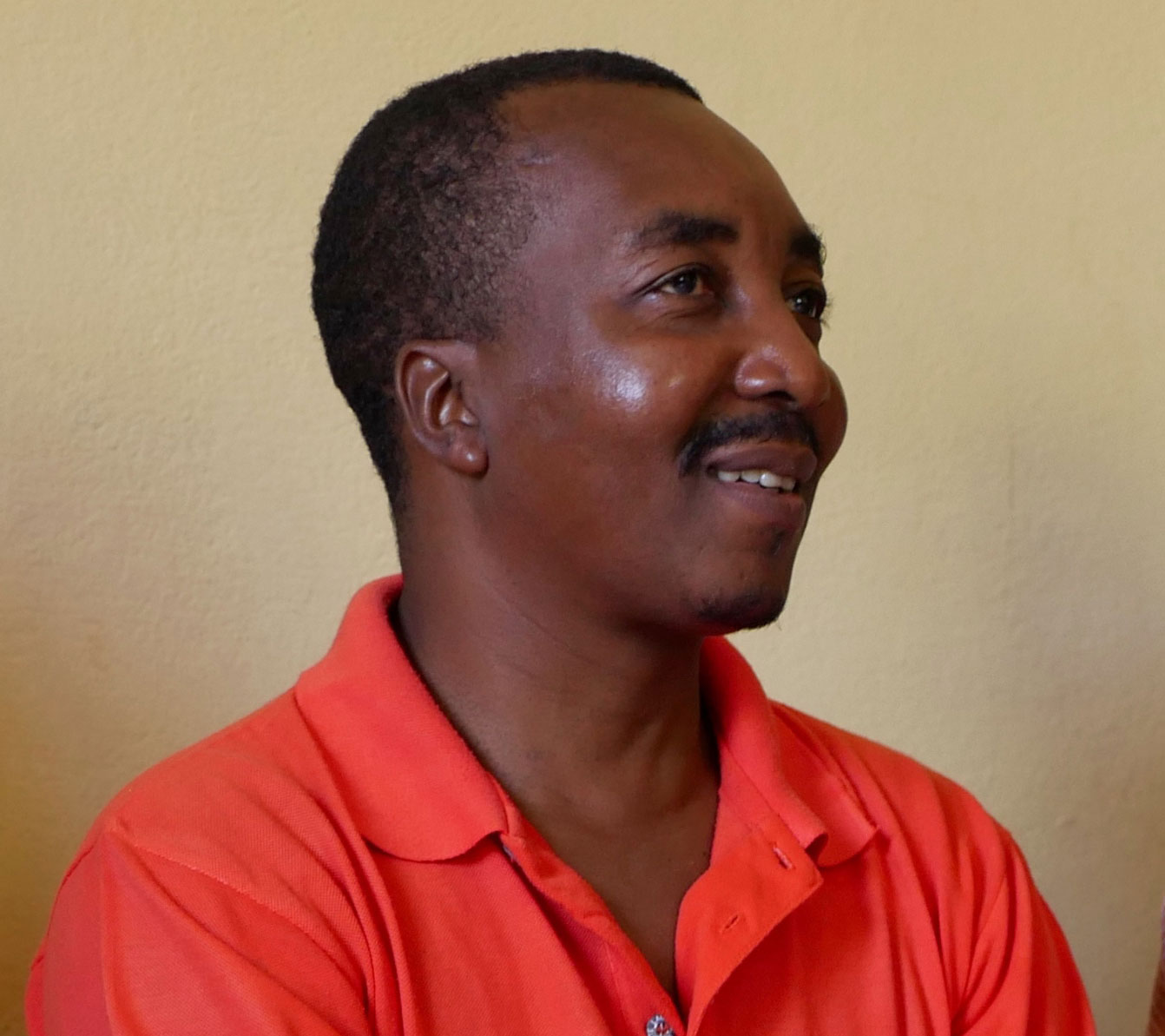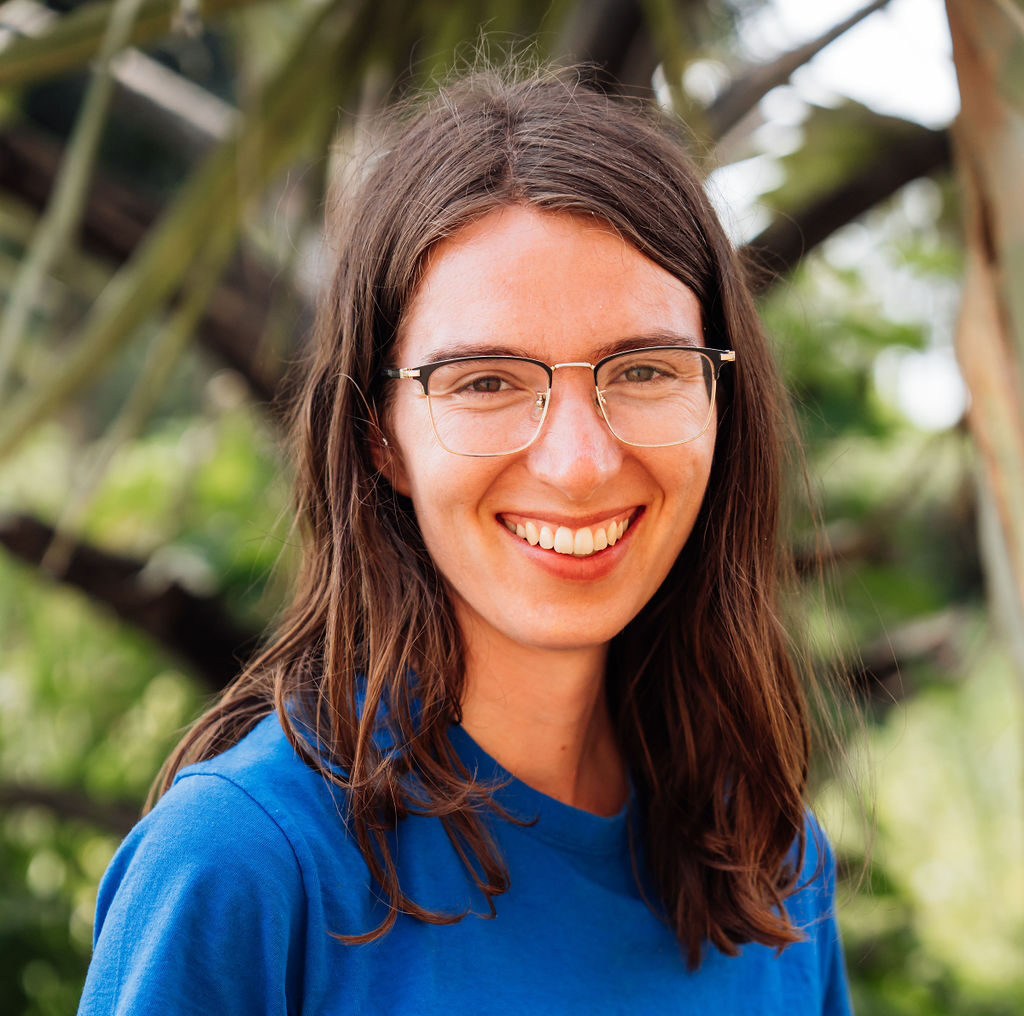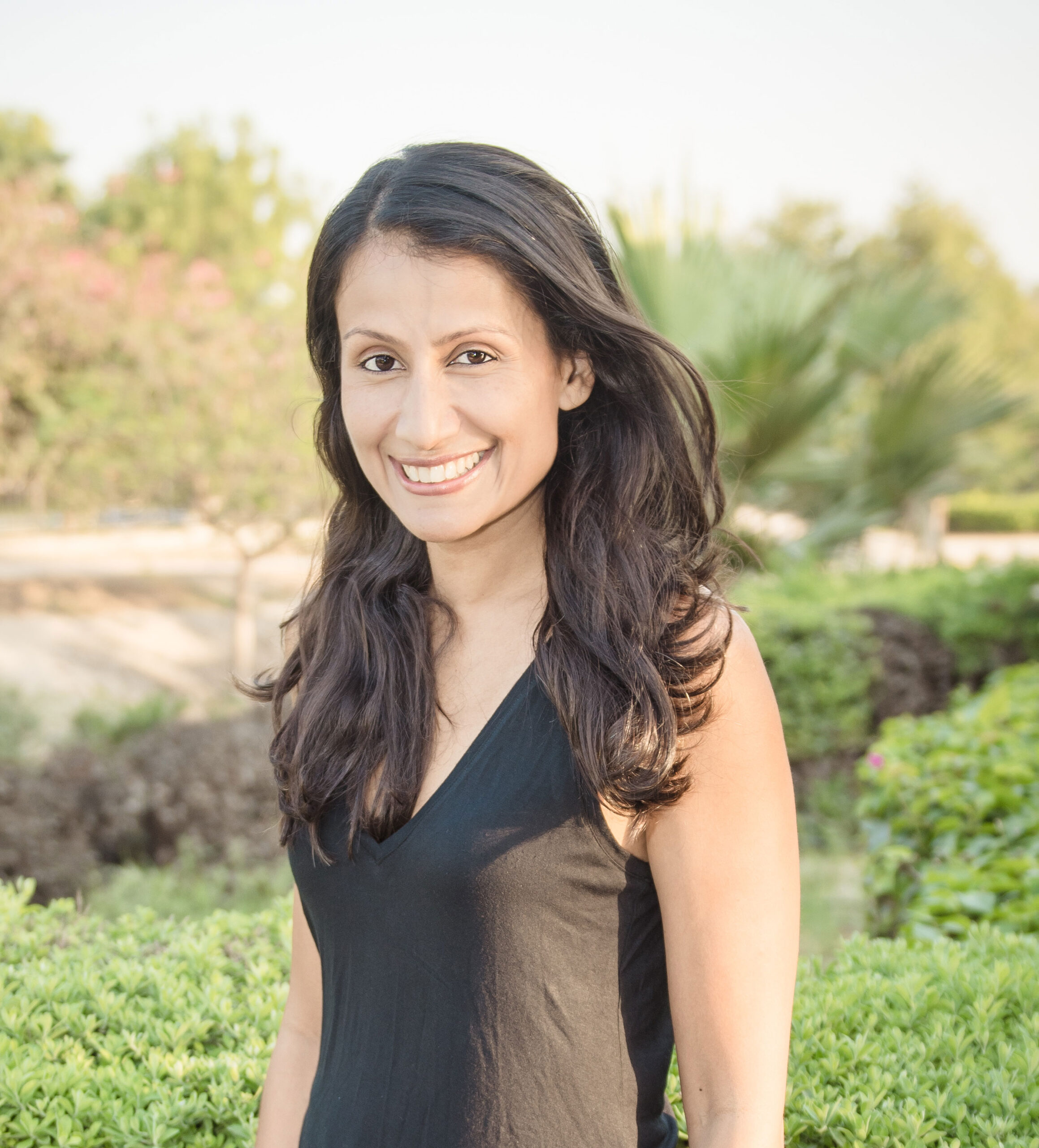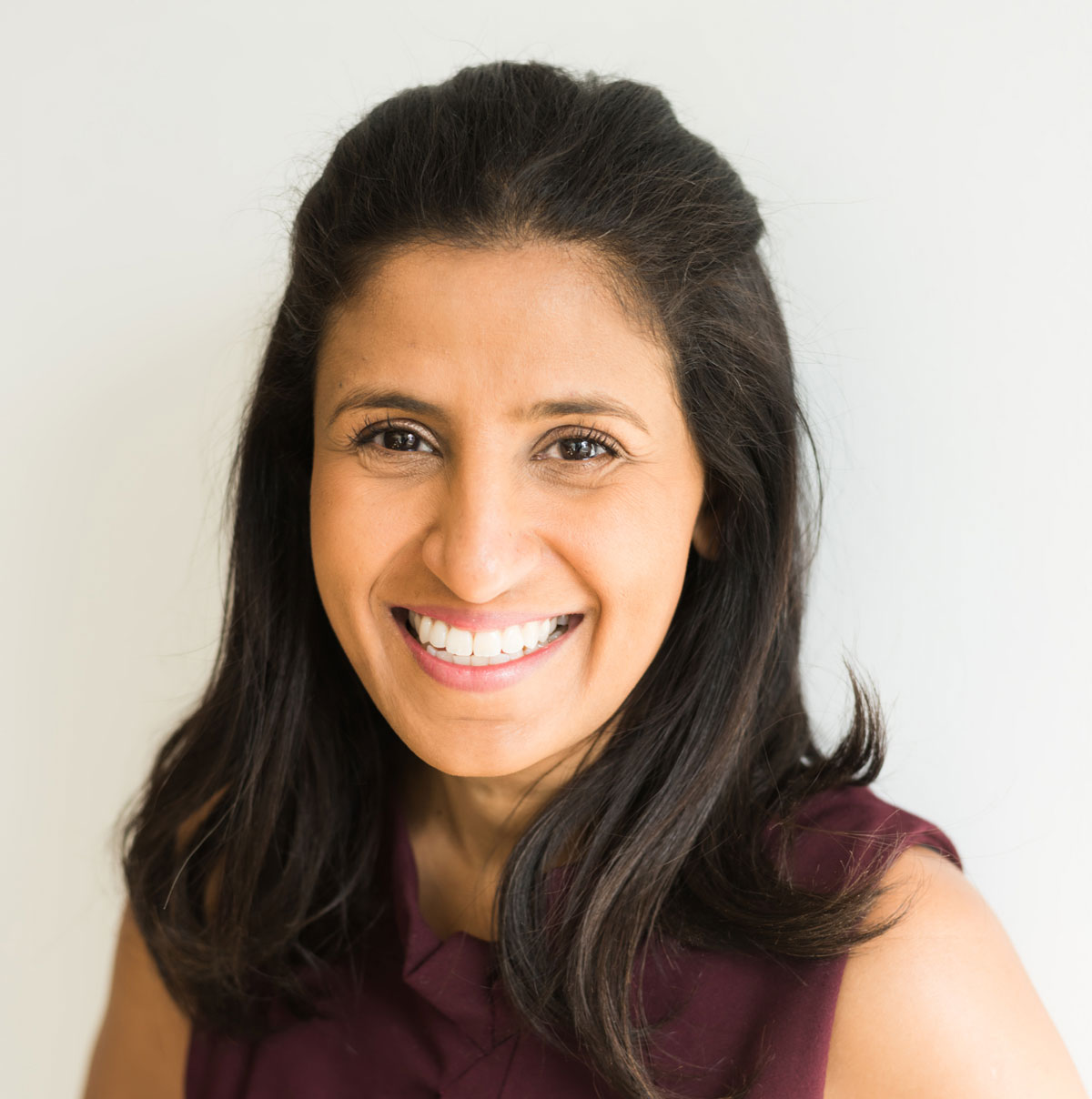Apio Rebecca, “was so scared because [she] had never heard about menstruation and did not know what as happening to [her].” Amenyo Rebecca first got her period in Primary 4, and her dress was stained. She “was so embarrassed because the boys laughed..so whenever [she] would get her periods [she] wouldn’t go to school.” If you’re one of the many girls born in a country where information is lacking about menstrual hygiene and education, getting your period can be tough. Apio Rebecca and Amenyo Rebecca, both students at Abalang Primary School in Uganda, know this first hand.
Worldwide, women and girls face challenges in managing their menstrual cycles. Menstrual Hygiene Day, celebrated yearly on May 28, envisions a world where “every woman and girl can manage her menstruation in a hygienic way … in privacy, safety, and with dignity.”
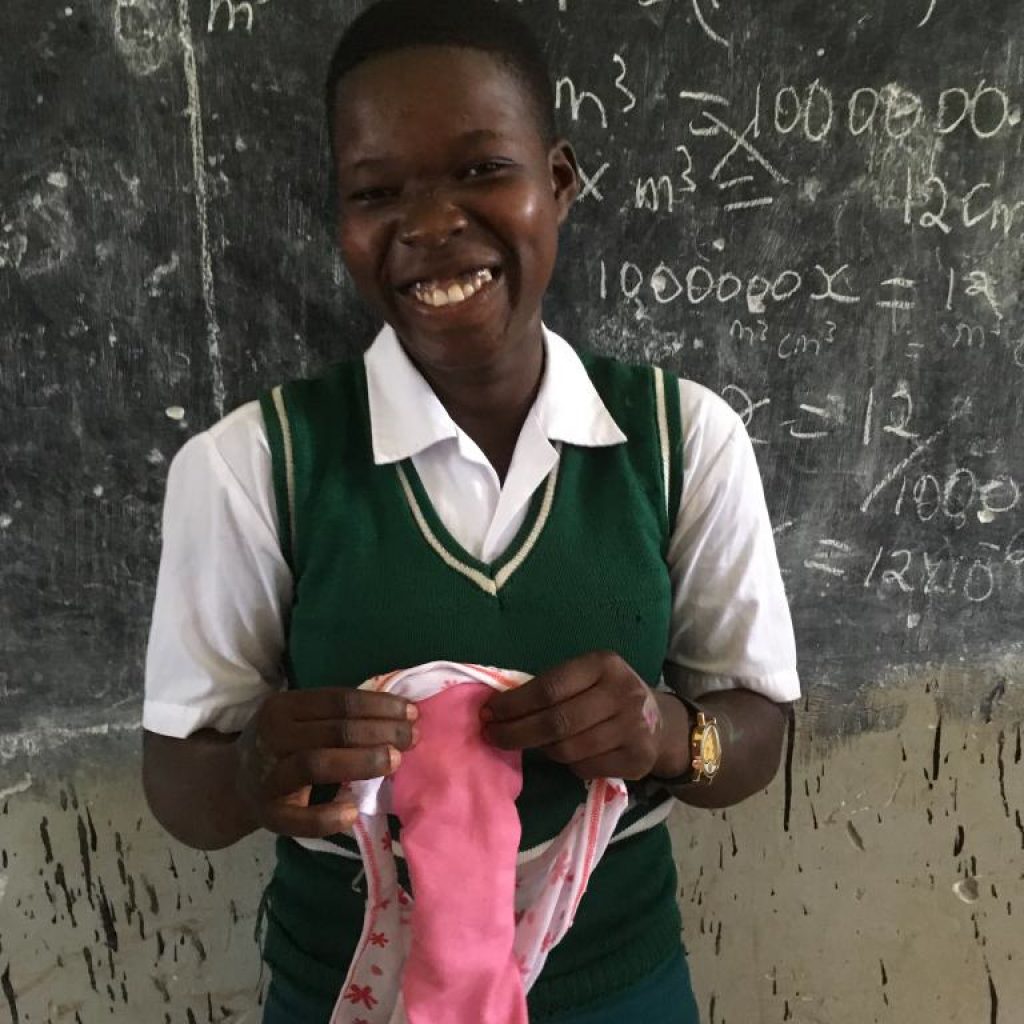
Menstrual Hygiene Day isn’t about educating the world about periods, but is about education on menstruation and access to everything that helps women and girls manage their menstruation hygienically, with confidence and without societal stigmas. It’s about educating both women and girls — and men and boys — about the truth behind menstruation and its effects in all areas of female life.
These stories are not uncommon in Uganda, and we hear similar stories with every school our field partner Prince of Peace for Orphans and Widows (POPOW) visits. As we fight to end poverty by investing in safe water and sanitation, we also invest in educating others about menstrual hygiene management (MHM).
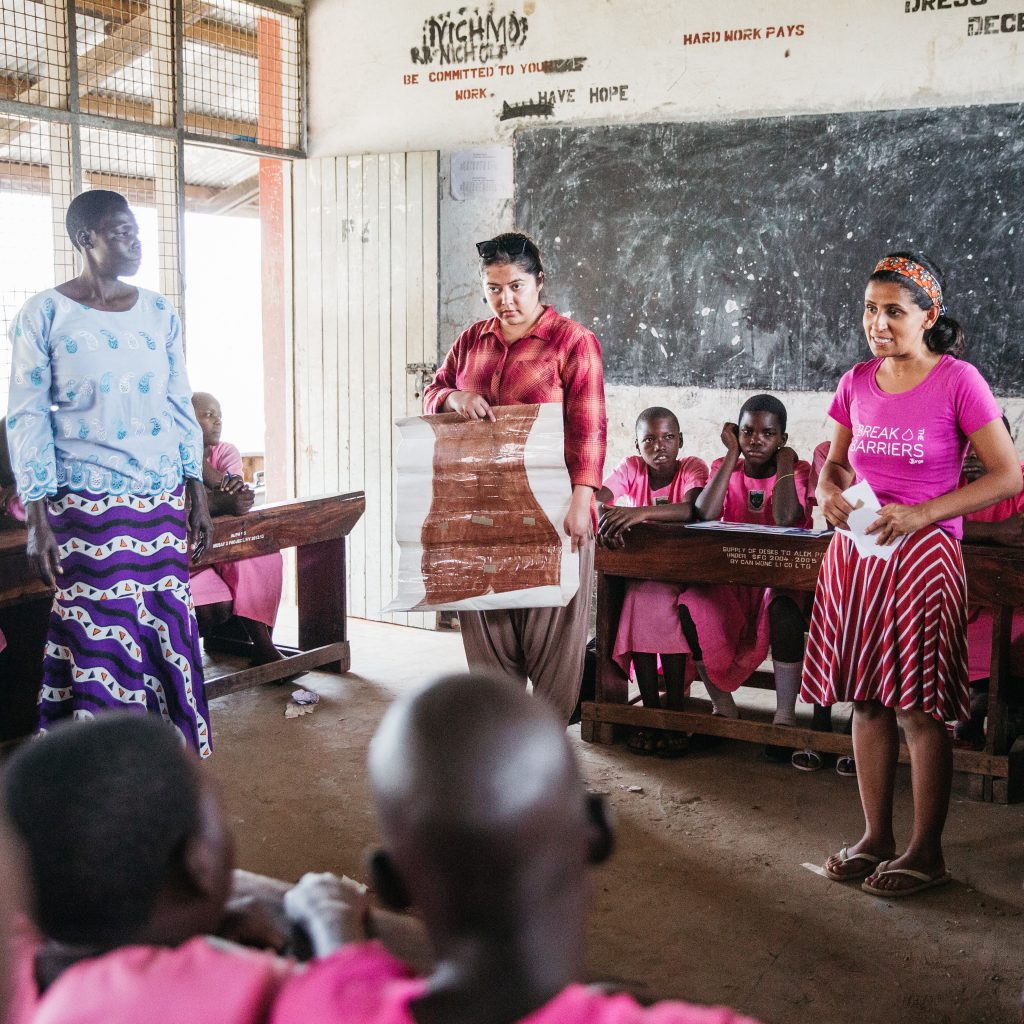
Globally, 1 in 10 girls miss up to 20% of school every year due to periods. This stems from a lack of education about menstruation, cultural taboos, lack of menstrual products, and poor sanitation infrastructure.* While May 28 is Menstrual Hygiene Day, we’re working hard to educate women and girls – and boys and men – about MHM everyday.
To date, we have educated over 1,375 people about MHM, with most of them being young girls like Amenyo Rebecca and Apio Rebecca at primary and secondary schools in Uganda. Students not only attend a theory session where they learn about the changes their body is going through, but they are empowered to “Break the Barriers” holding them back and support each other. Additionally, they are also taught how to make their own reusable menstruation pads, making sure that each of them has access to the needed products and allowing them to keep attending school.
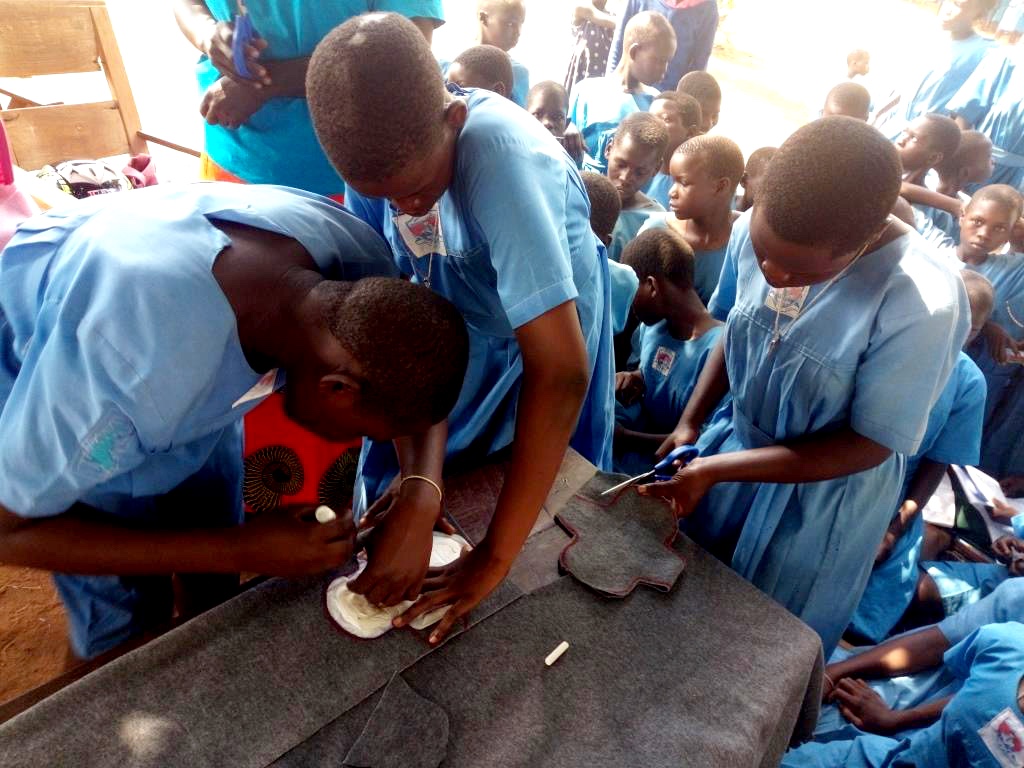
After attending MHM training, Asemo Everlyne, age 16, said that she “started using [reusable pads] and it became very cheap to manage [her period]. The money I used to use for buying pads from the shop I started using to buy enough soap for bathing and washing my clothes. Before learning to make the reusable pads, I would forego buying soap because pads were a priority for me.” Now, Everlyne is able to effectively manage her period, while still attending school and staying clean.
After attending MHM training, our female attendees have the opportunity to physically run through a string representing the barriers associated with menstruation in their communities. This activity reminds menstruators that they are capable and it is often transformative. One participant shared, “This is the first time we have been told that we are able, that we can be anything we want to be. I used to want to be a politician, but now I want to be the President of my Country.”
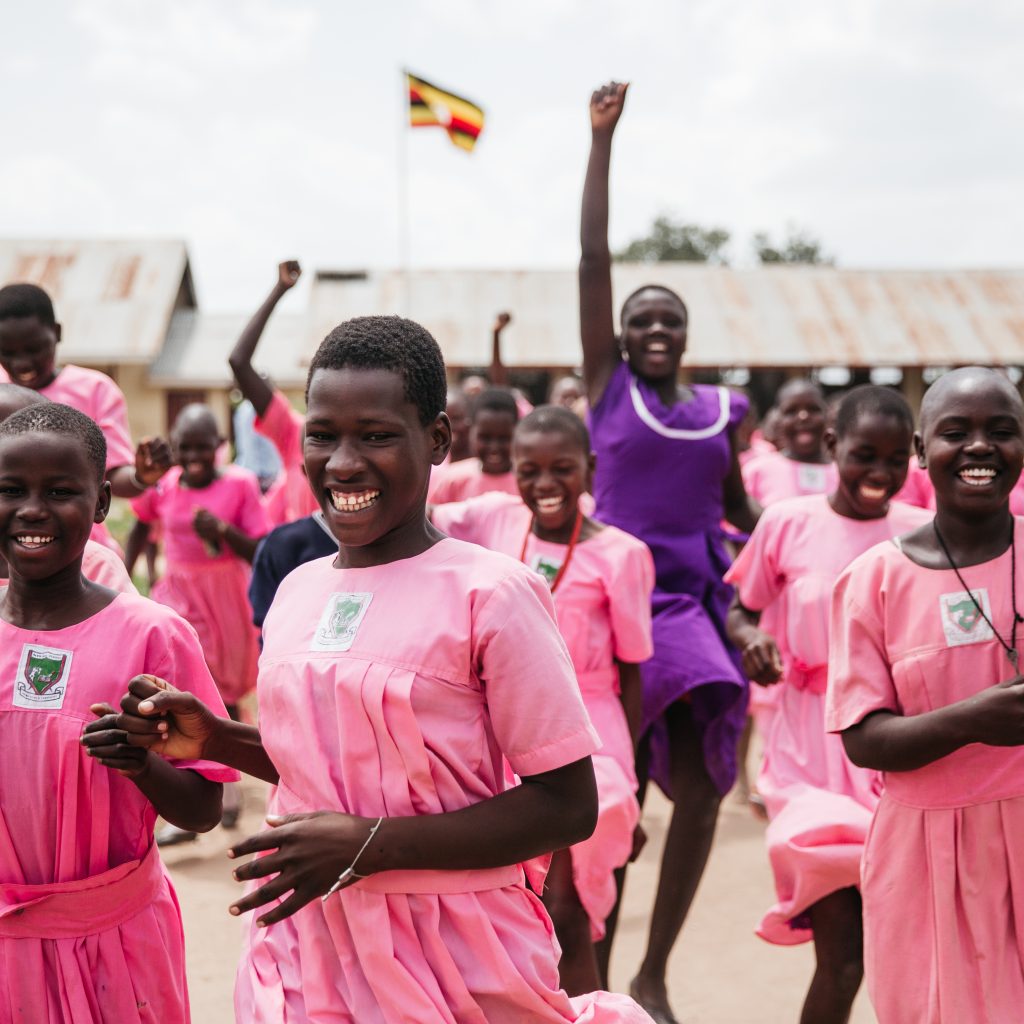
Our work doesn’t end with young women, but instead continues on to young men. The boys are taught not to laugh at girls whose dresses get stained, and in some schools the boys even learn to make their own reusable pads! Martin, age 12, said that he wanted “to attend the training because it’s the boys who stigmatize the girls when they are on their periods. If we understand the meaning of menstruation and its processes, we shall be able to talk to other boys so that they don’t stigmatize girls.”
Lawrence, age 14, added that if he knows “how to make reusable sanitary pads, I will teach my sisters and also help to understand the menstruation process.”
Our work also extends beyond Uganda, as we have an annual celebration in Chicago. “Break the Barriers” is a women’s wellness and empowerment campaign in celebration of MHM. We will be hosting a 2-hour celebration on May 18 that will include movement, discussion, and community building around breaking MHM barriers.
If you’re interested in reading more about our MHM training and education in Uganda, you can do so here. To learn more about our upcoming event in Chicago, please go here.
*Information from menstrualhygieneday.org
Written by Ashley Quinlan, Program Coordinator
